The Acoustic Ecology Lab is co-directed by Dr. Sabine Feisst (ASU School of Music) and Dr. Garth Paine (ASU School of Arts, Media and Engineering/School of Music).
An interdisciplinary endeavor, AELab’s team includes affiliate researchers Dr. Sharon Hall (ASU School of Life Sciences), Dr. Daniel Gilfillan (ASU School of International Letters and Cultures) and community partners Dr. Helen Rowe (McDowell-Sonoran Field Institute), Dr. Jan Schipper (Phoenix Zoo-Arizona Center for Nature Conservation).
The research team comprises doctoral scholars Anne-Marie Houy (Sound Walks), and Jacob Smith (Acoustic ecology of water bodies and the EcoSonic project) and graduate and undergraduate students from the School of Arts, Media and Engineering, School of Music, and School of Life Sciences and Barrett the Honors College. Student workers include Garrett Burnett (Web programing and development), Kyle Hoefer (Sound Database Development) and André Maestas (EcoRift Development), Hunter Langenhorst (Community Engagement and Social Media).
The AELab hosts weekly sound walks on the ASU Tempe campus, regular listening and field recording workshops in Joshua Tree National Park and the McDowell Sonoran Preserve, Virtual Reality projects relating to wellness and wellbeing, Environmental Monitoring through psychoacoustic analysis and interdisciplinary capstone projects related to acoustic ecology and has developed partnerships with national parks, local nature preserves and media technology industries.
The AELab runs the Listen(n) project, a large scale community project collecting monthly ambisonic sound recordings at the same location in national parks accross the south west of the USA as a form of place making and as a way of developing environmental stewardship in communities close to the national parks.Faculty
Dr. Garth Paine
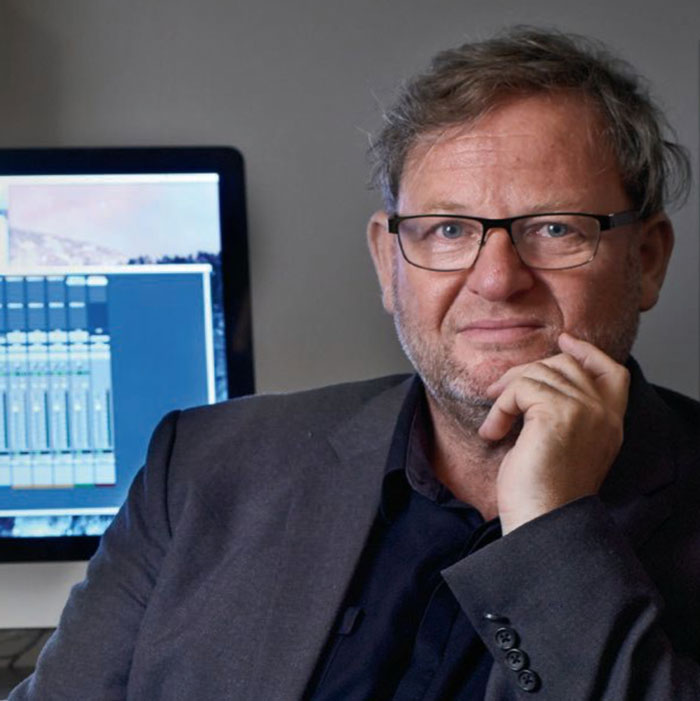
Dr. Garth Paine
Co-Director
Garth Paine, a composer, sound artist, performer and scholar, is Associate Professor in Digital Sound and Interactive Media and Senior Sustainability Scientist at ASU’s Schools of Arts, Media and Engineering and Global Institute of Sustainability. He previously taught at DeMontfort University in the UK and the University of Western Sydney where he was the founding director of the Virtual, Interactive, Performance Research Environment (VIPRE).
He has made his mark in the international media art scene with experimental compositions, interactive music scores for dance, and new electronic musical interfaces emphasizing human agency and embodiment. He is particularly fascinated with sound as an experiential medium and exhibitable object. This passion has led to interactive responsive environments where the inhabitants’ presence and behavior generate the sonic landscape. These works have been exhibited in Australia, New Zealand, Europe, Asia, and North America.
Garth also authored major articles on interactivity in electronic music and media arts in such journals as Organised Sound and essay collections such as The Oxford Handbook of Computer Music. As a composer and performer he often explores the sounds of place and created numerous works concerned with contested places, climate change, environmental degradation and species extinction, Map I, Reeds, MeteoroSonics, Present in a Landscape, Conversation Prelude, Becoming Desert and Forest to name a few.
His current focus on acoustic ecology research led to the large-scale Listen(n) Project which centers on the acoustic ecology of deserts in the American Southwest and to a growing number of virtual reality experiences (EcoRift).
In 2018, he was awarded a researcher/artist in residency between IRCAM (Paris) and ZKM (Germany) to create his Future Perfect concert work for high order ambisonics, audio spatialize across the audiences cell phones and a virtual environment experience. The work premieres at ZKM in December 2018 and will show in Paris in March 2019.
Back to the Personnel Page
Co-Director
Dr. Sabine Feisst
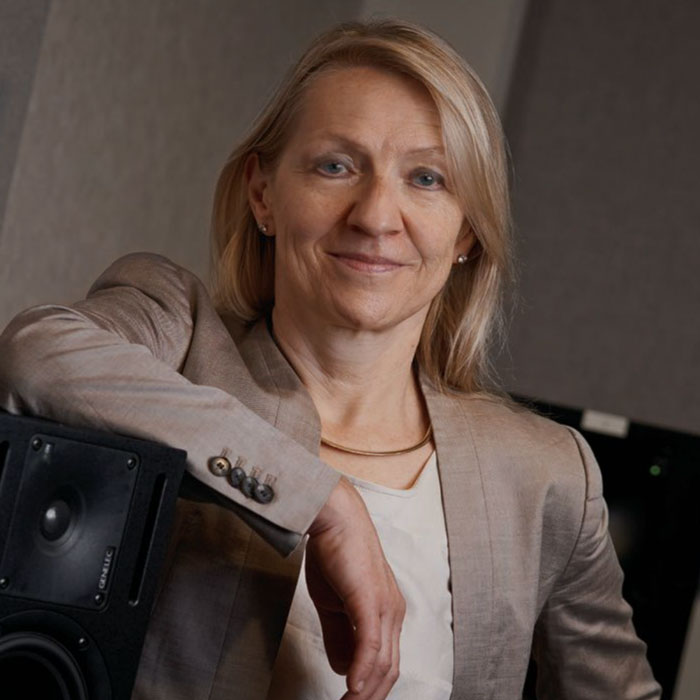
Dr. Sabine Feisst
Co-Director
Sabine Feisst is Professor of Musicology and Senior Sustainability Scholar at Arizona State University’s School of Music and Global Institute of Sustainability. Focusing on twentieth and twenty-first century music studies, she published the monographs Der Begriff ‘Improvisation’ in der neuen Musik (Studio Verlag, 1997) and Schoenberg’s New World: The American Years (Oxford 2011) which won the Society for American Music’s prestigious Lowens Award for the most outstanding book on American music in 2011 and was called “a pioneering work of revisionist scholarship.” In 2014 she was chosen as one of five ASU professors to receive the Defining Edge Research Award in the Humanities and Literature. She also co-authored with Ethan Haimo Schoenberg’s Early Correspondence (Oxford 2016). Her research has been supported by German and American government grants and she has served on the National Endowment for the Humanities Fellowship board. Author of over 80 articles in anthologies, journals and reference works and US editor of Contemporary Music Review, she is currently writing a monograph on music inspired by the American Southwest deserts, editing the Oxford Handbook of Ecomusicology, and is general editor with Denise Von Glahn for the Music, Nature, Place book series from Indiana University Press.
Feisst is conducting innovative research around the boarder lands between Arizona and Mexico, drawing attention to the richness of the human and non-human inhabitants and the cultural history there in.
Back to the Personnel Page
Co-Director
Graduate Students
Anne-Marie Shaver
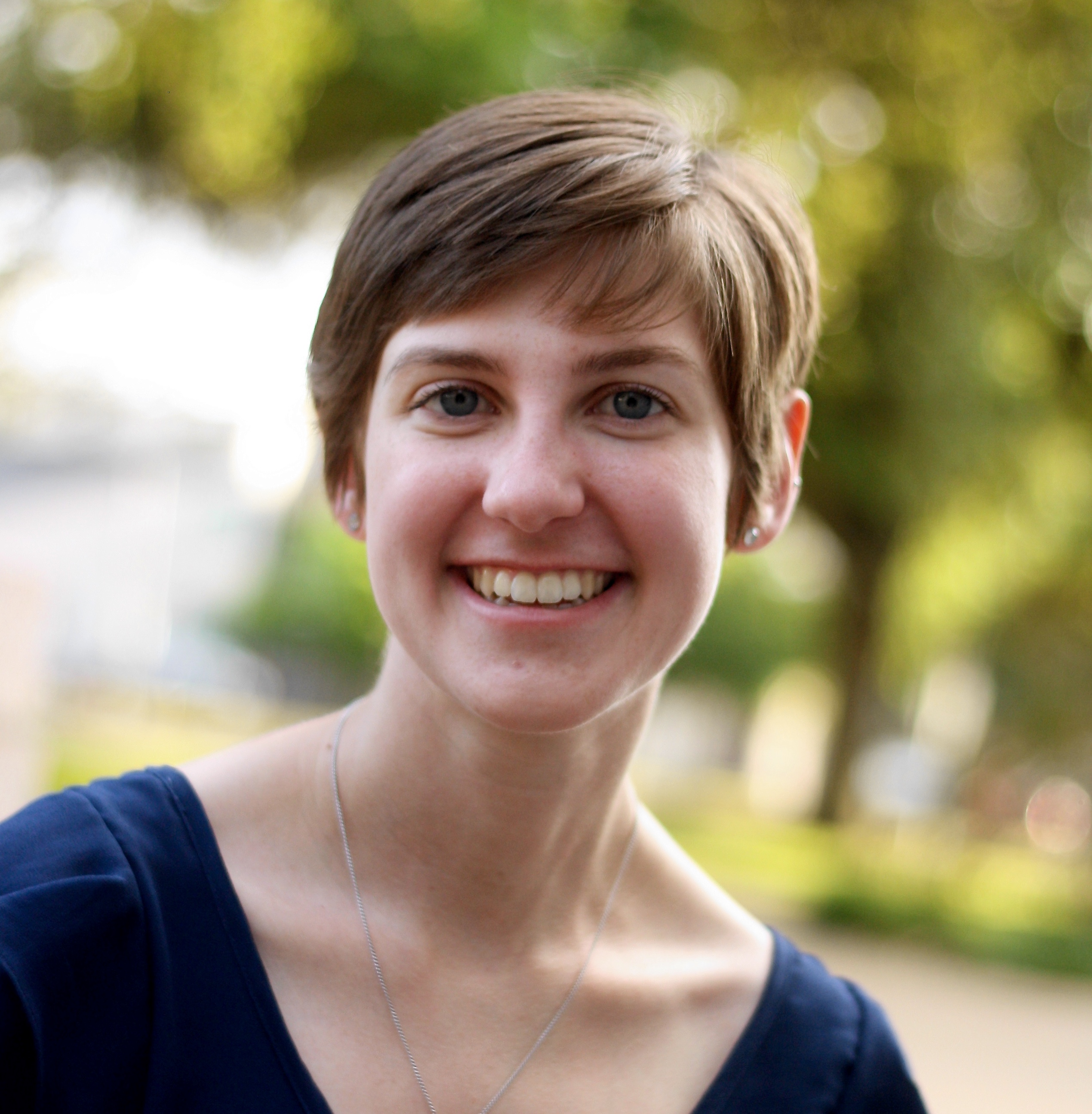
Anne-Marie Shaver
Doctoral Research - Sound Walking
Anne-Marie is a PhD student in musicology, with an emphasis in ecomusicology. Her research interests include contemporary music, extended flute techniques, and using acoustic ecology to encourage community engagement, increased sonic awareness, and a connection to the environment. Please visit annemariehouy.com for more information.
Back to the Personnel Page
Doctoral Research - Sound Walking
Jacob Smith
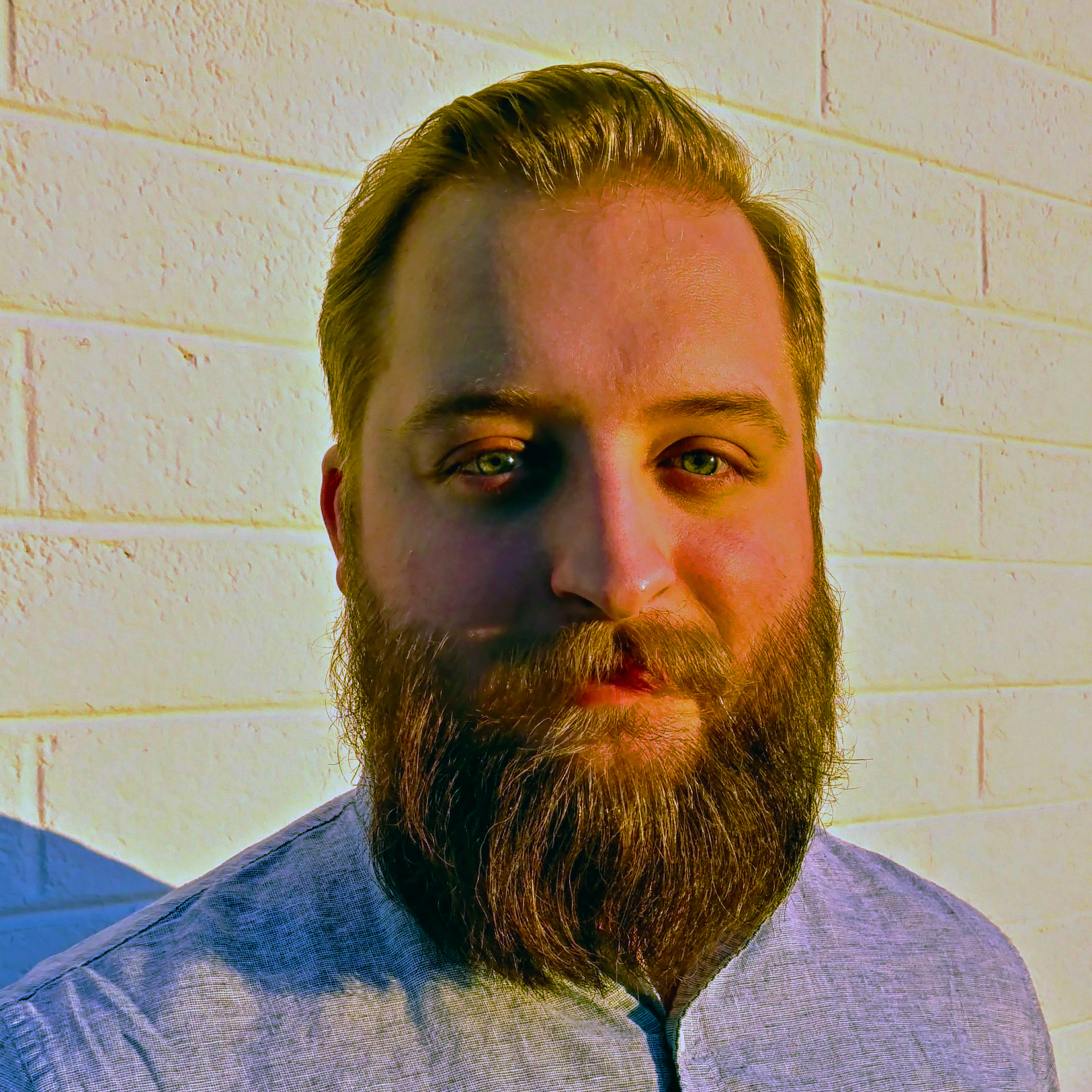
Jacob Smith
Doctoral Research Student
Jacob Miller Smith(b. 1992) is pursuing a D.M.A. in Music Composition from Arizona State University in Tempe, AZ. He holds a B.M. and M.M. in Music Composition from the University of Alabama. His interests include acoustic ecology of water bodies and the EcoSonic project.
Back to the Personnel Page
Doctoral Research Student
Latifa Alyahya
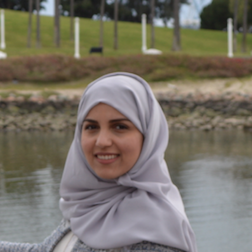
Latifa Alyahya
Masters Research Student
Latifa has a bachelor's degree in computer engineering from Saudi Arabia . She is currently pursuing her master’s degree in Digital Culture at Arizona State University .Her interests focus on applying different technological applications on environment data such as sound. She is focused on improving the quality of life by analyzing and understanding different data through computer algorithms.
Masters Research Student
Adam Heyen
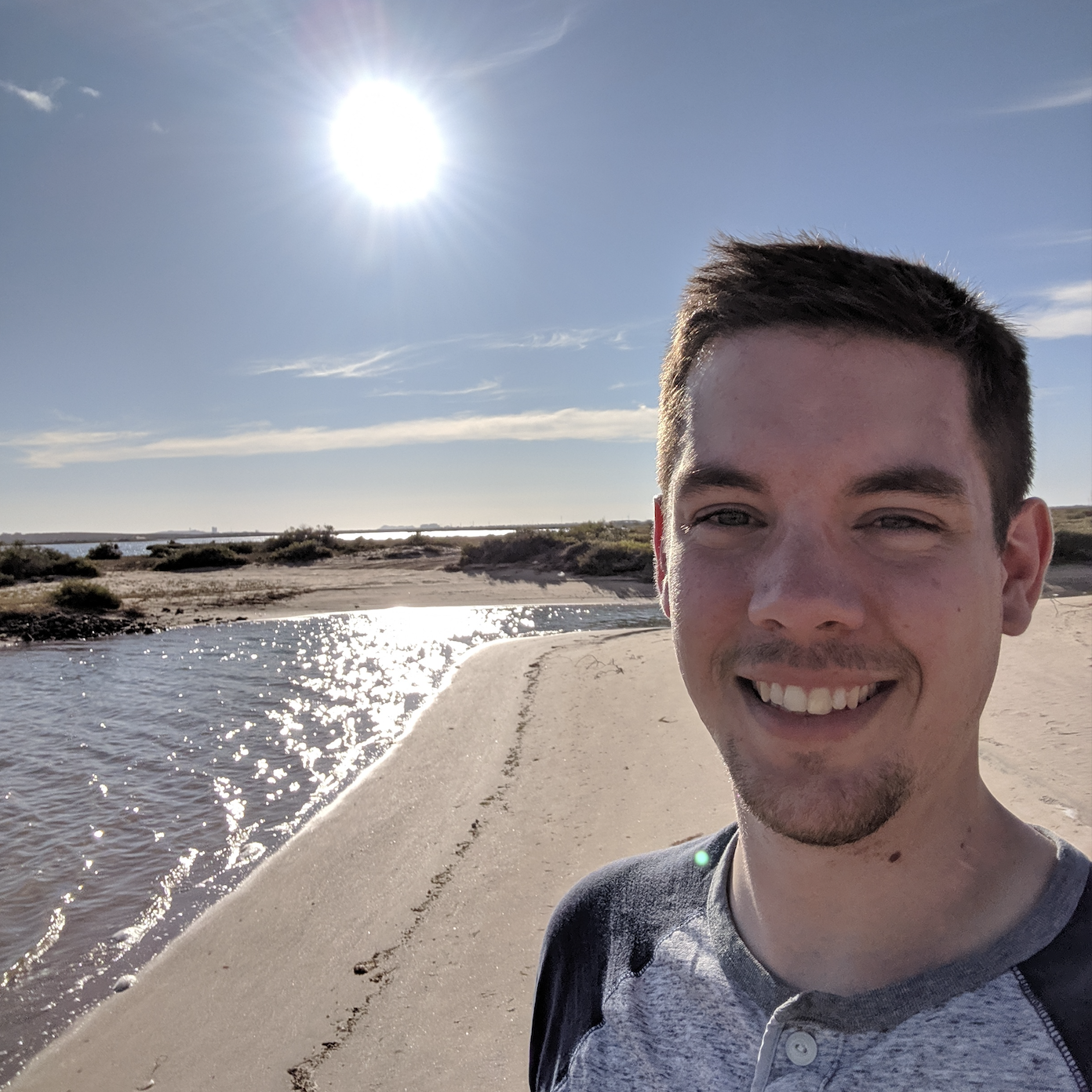
Adam Heyen
Master’s Research Student
Adam is pursuing an M.A. in Musicology and an M.M. in French Horn Performance. He holds a B.M.A. from Brigham Young University-Idaho. His research interests branch from sonic placemaking in the American landscape to Latin American postcolonial studies.
Back to the Personnel Page
Master’s Research Student
Student Researchers
Hunter Langenhorst
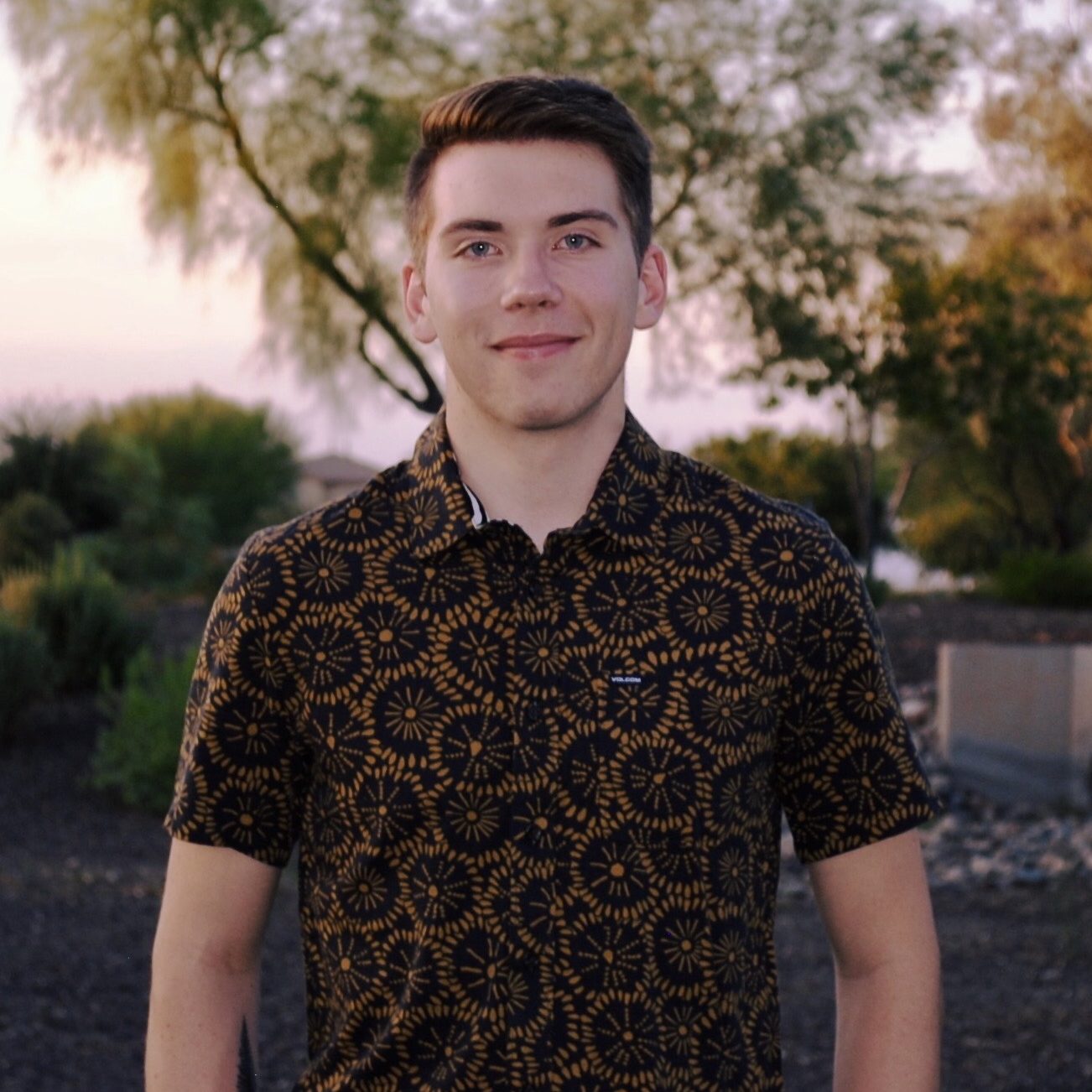
Hunter Langenhorst
Community Engagement and Social Media
Hunter is an undergraduate student in Music and Culture (BA) at Arizona State University. He focuses on songwriting, composition, researching ecomusicology, and encouraging community engagement with sound through regular social media posts and blog-writing.
Back to the Personnel Page
Community Engagement and Social Media
Naomi Chien

Naomi Chien
VR mental wellbeing
Naomi is an ASU undergraduate majoring in Biological Sciences with an emphasis in Neurobiology, Physiology, and Behavior. As a pre-med student, she is currently researching the application of virtual reality (VR) in healthcare related settings. Specifically on whether visual and audio VR experiences of natural environments can enhance the emotional and mental wellbeing of those who have limited mobility.
Back to the Personnel Page
VR mental wellbeing
Cameron Carver
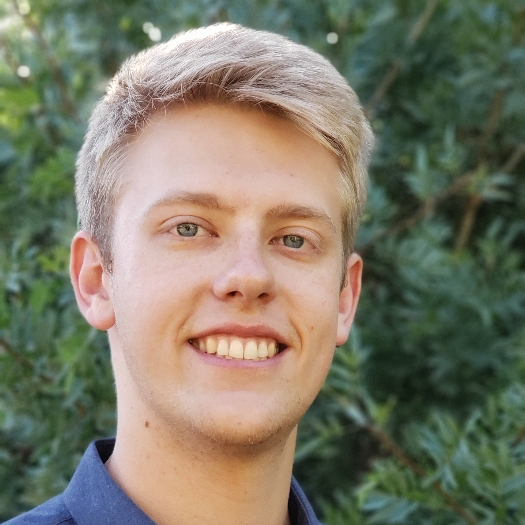
Cameron Carver
Long Range Wireless systems development
Cameron is a third year undergraduate student majoring in Mechanical Engineering, and a part of Barrett, The Honors College. He joined the Acoustic Ecology lab to pursue his interest in applying engineering to the development of devices for the natural sciences. He is completing his honors thesis with the lab focusing on the development of a wireless network. The network is intended to connect gun-shot audio detection devices in remote locations.
Long Range Wireless systems development
Bailey Reynolds
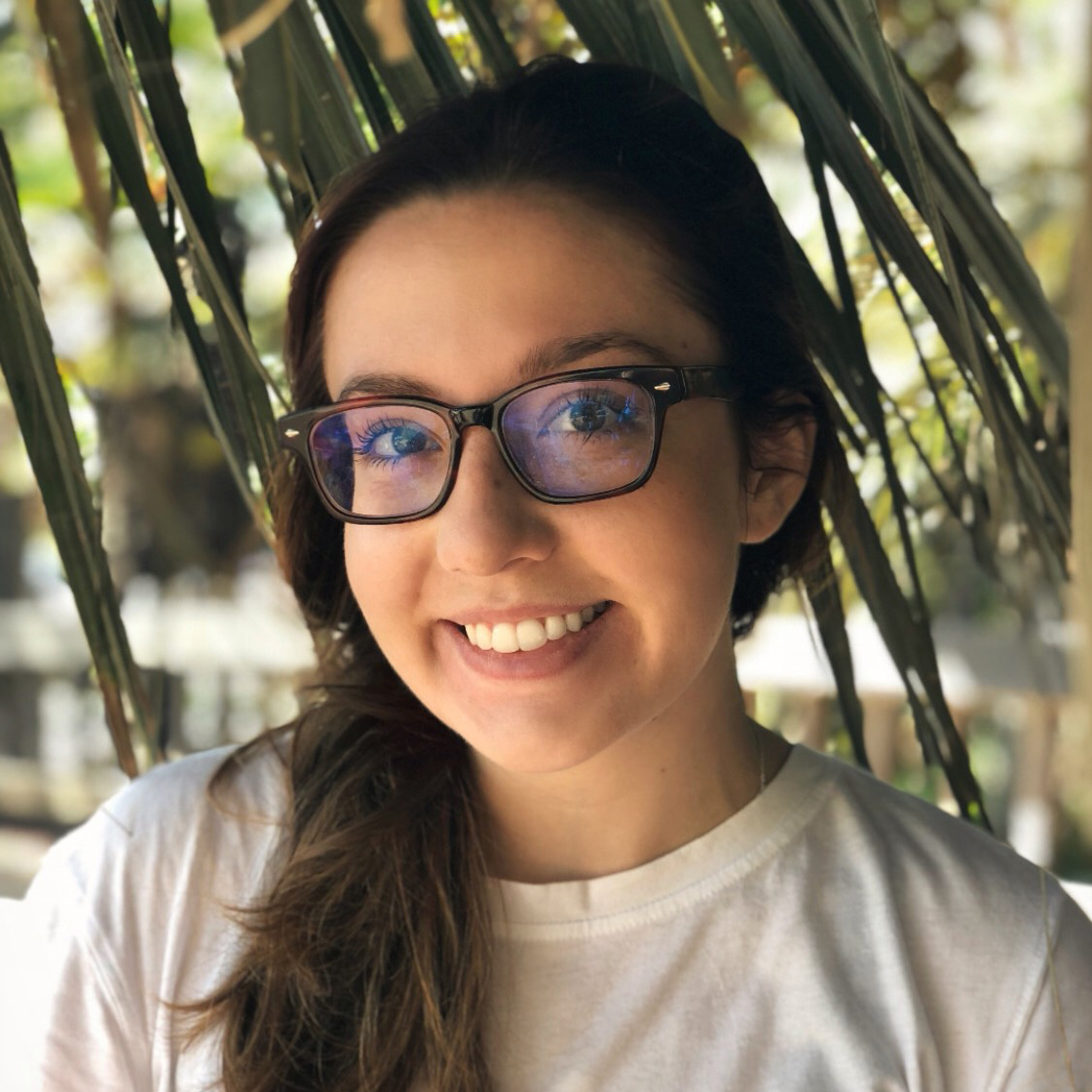
Bailey Reynolds
Conservation and Ecology Sciences
Bailey is a senior at Arizona State University pursuing an honors degree in Conservation Biology and Ecology with minors in Sustainability and Business. She have gained research experience as an undergraduate research assistant with the Acoustic Ecology Lab at ASU, and professional experience in the public sector as a sustainability intern with the Arizona Department of Administration. Bailey is currently researching the different effects that urban and desert, sonic environments have on the acoustic properties of mockingbird calls; although, my other research interests include the intersection of environmental justice, water resource management, public perceptions and community development. Upon graduating, she hopes to study law and promote environmental justice and social equity through green infrastructure and environmental policy
She is studying Mocking Bird behavior between the city and the McDowell Sonoran Preserve
Back to the Personnel Page
Return to the Personnel Page
Conservation and Ecology Sciences
Visiting Scholar
Juliana Carla Bastos
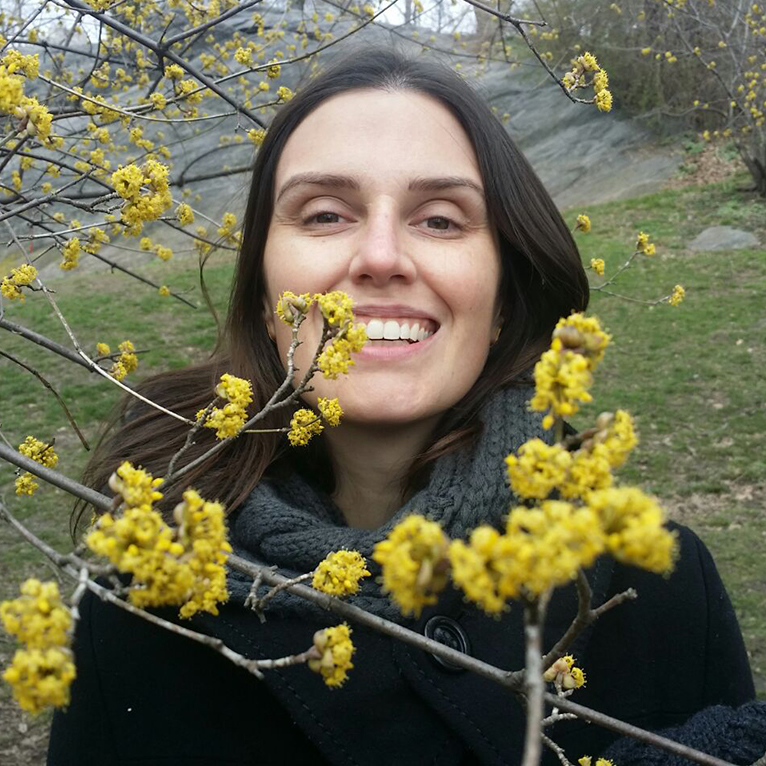
Juliana Carla Bastos
Visiting Scholar
Juliana Carla Bastos is an Ethnomusicologist and Adjunct Professor on the Licentiate in Music at the Federal University of Piauí/Brazil (UFPI). Her research interests focus on ecomusicology, urban popular music, quilombola culture and sonorous ethics issues as well as on musical transmission and music teaching praxis. Is a member on UFPB’s Ethnomusicology Research Group and on PENSAMUS UFPB - Research Group on Practices Teaching and Learning of Music in Multiple Contexts. In 2018, she presented the papers “Towards a Sonorous Ethics: Perspectives for Ethnomusicology in the 21st Century” at the conference Musicology in the Age of (Post)Globalization in New York City, and “Sound, music and symbolism: dimensions to understand sonorous ethics” in The Global Composition 2018 - Conference on Sound, Ecology, and Media Culture in Darmstadt, Germany. In April 2019, she will present the paper “Ouvido pensante ou ouvido neurótico? Atuação científica e simbolismo sonoro sob o frame da paisagem sonora” (“Thinking Ear or Neurotic Ear? Scientific Performance and Sound Symbolism Under the Soundscape Frame”) in SONOLOGIA: International Conference on Sound Studies in São Paulo, Brazil.
Bastos is finishing her P.h.D research at the Federal University of Paraíba/Brazil (UFPB) about the definition of the term “Sonorous Ethics” in the city of João Pessoa, Paraíba’s capital. She is currently being sponsored by Dr. Feisst as a visiting scholar at Arizona State University.
Visiting Scholar
Affiliated Faculty
Jan Schipper
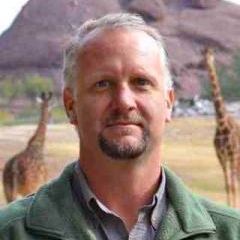
Jan Schipper
Research Director at Phoenix Zoo
I am a research scientist focused on applied ecological concepts to help provide the best available science to decision makers. Most recently I have been examining in depth various issues surrounding detection probability on the estimate of wildlife population parameters such as population size, distribution, habitat use and demographics. I have only recently moved from Hawaii to Arizona - where I will have more opportunity to expand my research focus to native mammals of the Sonoran Desert, but also maintain my research in Costa Rica and Colombia.
Back to the Personnel Page
Research Director at Phoenix Zoo
Dr. Helen Rowe
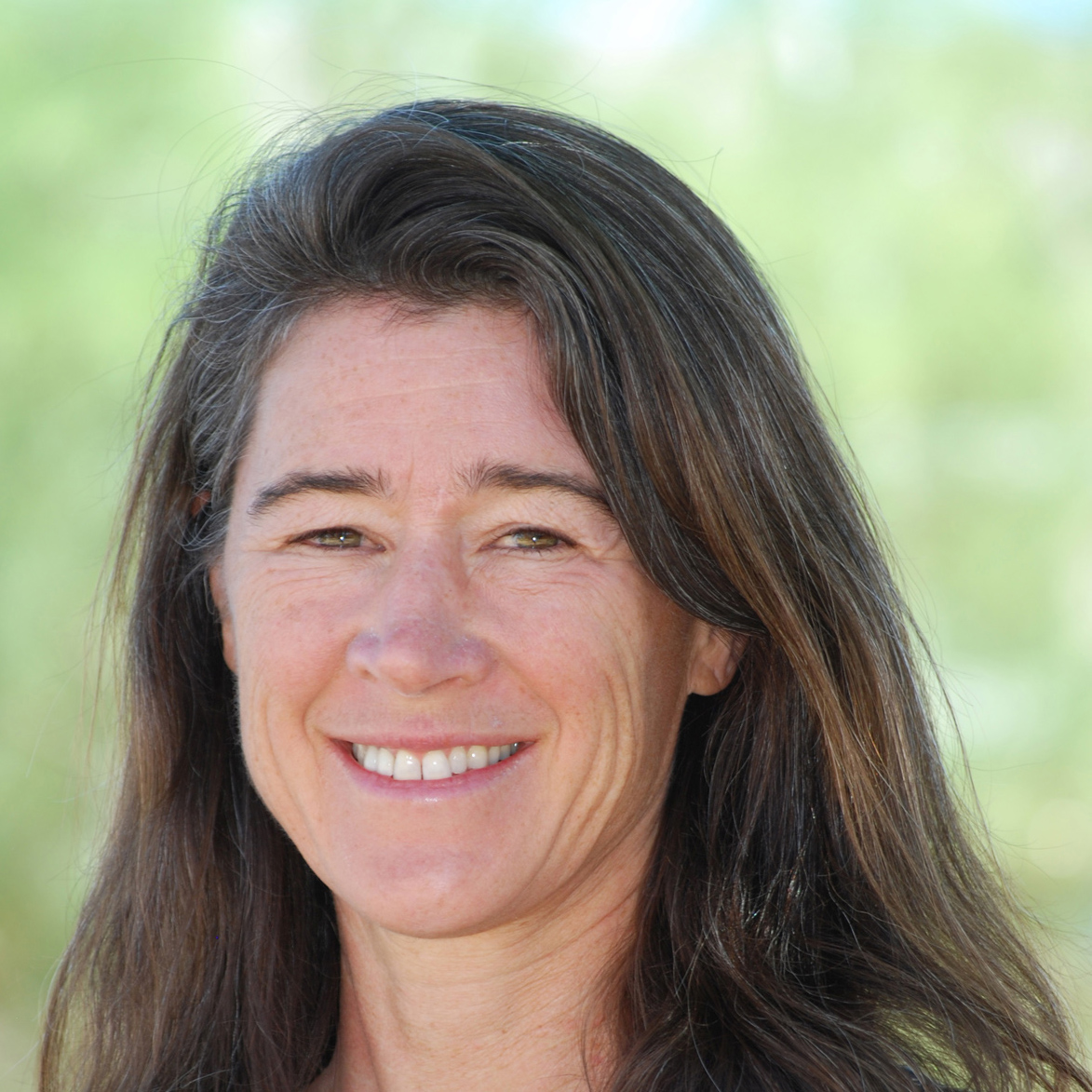
Dr. Helen Rowe
Parsons Field Institute Director
Dr. Helen Rowe is the Parsons Field Institute Director at the McDowell Sonoran Conservancy. She holds a M.S. degree in Rangeland Ecosystem Science and a PhD in Ecology both from Colorado State University and has served as a faculty member at Purdue University and more recently at Arizona State University.
Her research expertise lies in restoration ecology, invasive plant dynamics, and soil-plant interactions. She continues to hold affiliations with ASU as an adjunct professor in the School of Life Sciences and as a Senior Sustainability Fellow.
Back to the Personnel Page
Parsons Field Institute Director
Dr. Sharon Hall
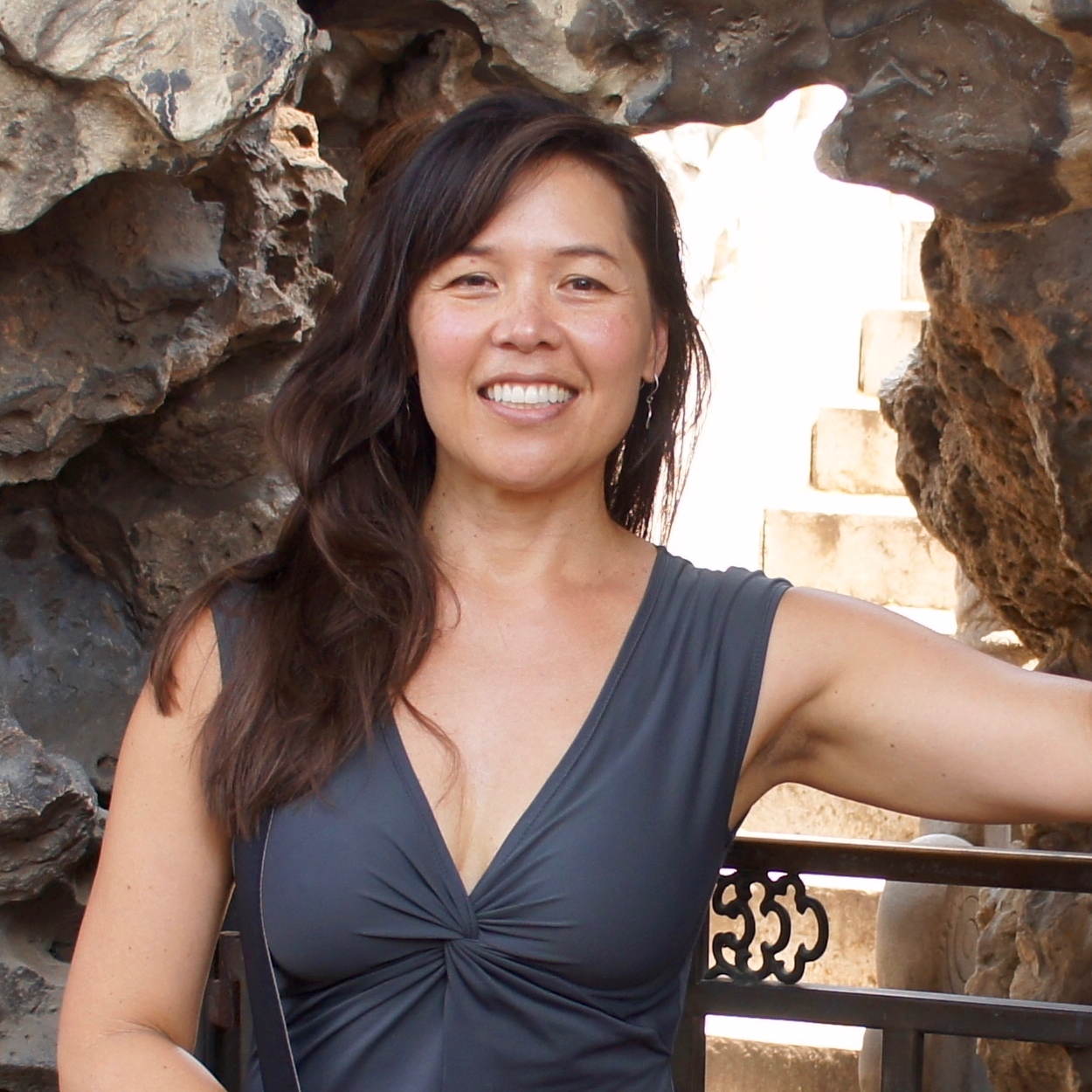
Dr. Sharon Hall
Director of the Hall Lab
Dr. Hall is an ecosystem ecologist with interests in conservation and the dynamic relationship between people and the environment. Her team explores ecological patterns and processes in places where people, plants, and wildlife intersect. Native protected landscapes near towns or urban areas provide numerous ecosystem services for most of humanity and can serve as important conservation lands for wildlife. Additionally, 54% of people on Earth – and 82% of people in North America – now live in cities. Her team’s research shows that even managed ecosystems that compose and surround our cities, such as residential and agricultural landscapes, can enhance personal well-being and provide sustainable outcomes for both people and nature.
Sharon grew up in Oakland, CA and graduated from Stanford University in 1990 with a B.S. in Biology with a focus in Neuroscience. She became interested in the environment after spending the better part of a year diving in the kelp forests of the central California coast and teaching at the Monterey Bay Aquarium. She pursued an Ed.M. degree at Harvard University in 1992, and then completed a Ph.D. in 1998 in Soil and Ecosystem Science at UC Berkeley. After a post-doc at the University of Colorado, she became a faculty member in the interdisciplinary Environmental Science Program at The Colorado College. In 2005, she joined the faculty in the School of Life Sciences at ASU. On a daily basis, she feels lucky to work with talented, curious students and colleagues on important questions related to ecology, conservation and sustainability.
Visit the Hall Lab: The Hall Lab
Back to the Personnel Page
Director of the Hall Lab
Alumni
Kyle Hoefer
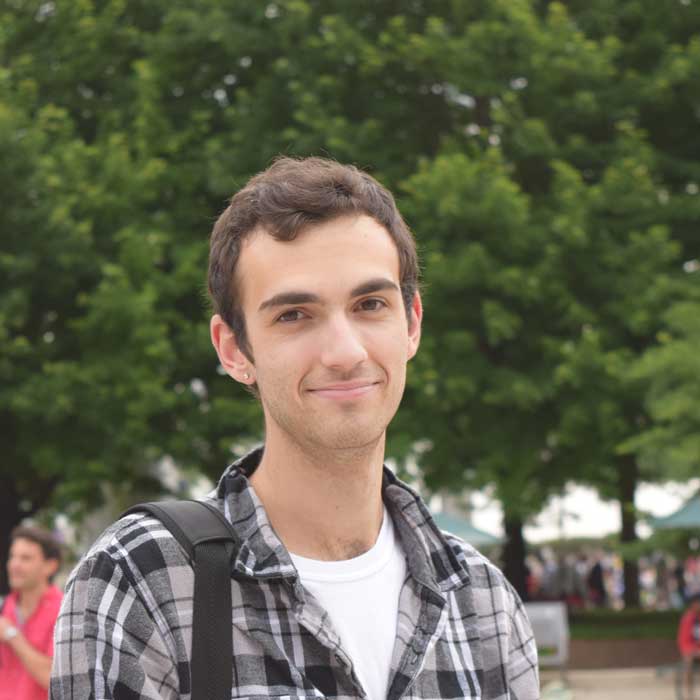
Kyle Hoefer
Audio tagging and analysis
Kyle graduated with a B.A. in Digital Culture in Spring 2017, and a Masters in Digital Culture in 2019. Hi Masters project focused on environmental sound and gun shot detection for a large wildlife preserve in Costa Rica. The project was in partnership with the Phoenix Zoo.
Kyle has focused on building digital/physical systems using technology such as virtual reality and binaural sound, raising awareness for contemporary social conflict, and researching solutions to these issues in our current digital age.
For more information see Kyle Hoefer
Kyle's Masters Thesis is available here and in the ASU library
Back to the Personnel Page
Audio tagging and analysis
André Maestas
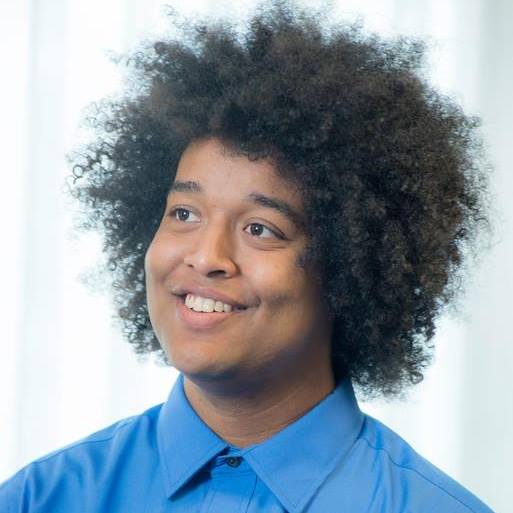
André Maestas
Developer
André Maestas graduated with a B.A in Digital Culture from ASU’s School of Arts, Media and Engineering with a Concentration in Technological Entrepreneurship and a Certificate in Computer Gaming. He specializes in the development of computer games and virtual reality experiences using such leading technologies as Unity and Unreal Engine 4.
André is on the research team of the Acoustic Ecology Lab’s Ecorift program and builds Virtual Reality applications for Oculus, Vive, iOS and Android platforms.
Back to the Personnel Page
Developer
Dr. Abby Aresty
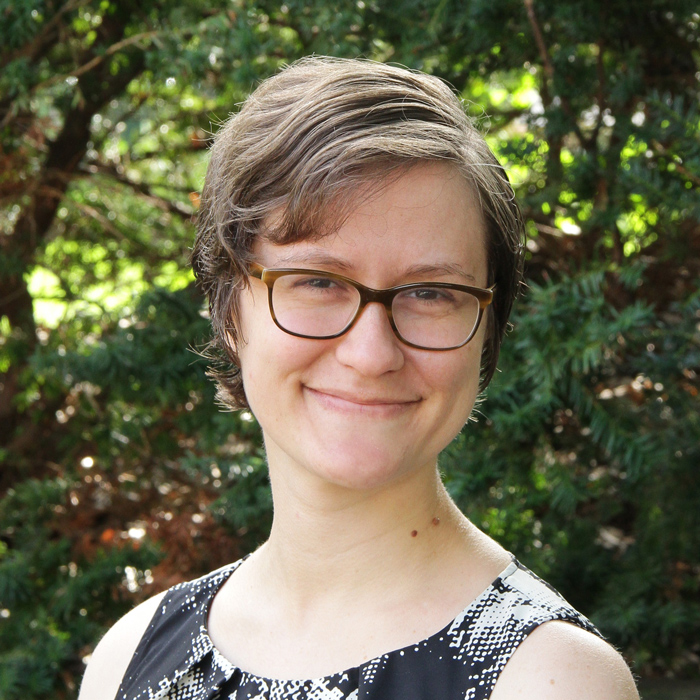
Dr. Abby Aresty
Post-Doctoral Researcher
Dr. Abby Aresty is a composer and sound artist who uses technology to facilitate unexpected interactions between people, the built environment, and the natural world. Aresty’s work is rooted in the fields of acoustic ecology, sound art, and electroacoustic composition, and has included concert works, public sound installations, soundwalks, pop-up galleries, multimedia collaborations, biofeedback interfaces, and sound sculptures, including prosthetic listening devices. Themes that permeate her creative work include mindfulness, personal wellbeing, and community and environmental health. Aresty’s research also explores the juxtaposition of noise and nature, technology and humanity, and the liminal spaces these juxtapositions create. Within these frameworks, listening has taken a central role in Aresty’s research; her projects are playful, meditative listening interventions that seek to provoke audience reflection on habitual listening practices in contemporary sonic environments.
Aresty’s site-specific installations have been featured in local and national news outlets; Paths II: The Music of Trees, a temporary installation in Seattle’s Washington Park Arboretum, was featured in an interview with Melissa Block on NPR’s All Things Considered, and was hailed as ‘otherworldly,’ and ‘sometimes eerie, sometimes transportingly lovely,’ by the Seattle Times. The Pittsburgh Post-Gazette featured Aresty’s ongoing project, Of Earth and Sun, a permanent, site-specific sound installation commissioned by the Phipps Conservatory and Botanical Gardens for the public atrium of the Center for Sustainable Landscapes. Aresty has presented her research nationally and internationally, in conferences including Balance/Unbalance 2015 in Tempe, Arizona, the International Symposium on Electronic Art in Hong Kong in May 2016, and Sonic Environments in Brisbane, Australia, in July 2016. Aresty engages the communities in which she lives and works through soundwalks, public lectures, and participatory events such as her collaborative project, The Listening Laboratory and Spa (LLaS). The LLaS is a participatory pop-up gallery designed to facilitate playful interactions across a broad range of listening modes, reflecting the multifarious roles machines play in contemporary listening practices.
Aresty received her Doctor of Musical Arts degree from the University of Washington in 2012. From 2013-2014, Aresty was a Fellow at the Studio for Creative Inquiry at Carnegie Mellon University, and from 2014-2016, she held the Andrew W. Mellon Postdoctoral Fellowship in Electronic Music and Sound Studies at Grinnell College. Aresty taught at each of these institutions, including courses in music theory and musicianship at the University of Washington, a course in sound art at Carnegie Mellon University, and courses in sound art and electronic music at Grinnell College. In 2016, Aresty joined The Acoustic Ecology Lab at Arizona State University as a postdoctoral scholar for the Fall semester, 2016.
Back to the Personnel Page
Post-Doctoral Researcher
Garrett Burnett
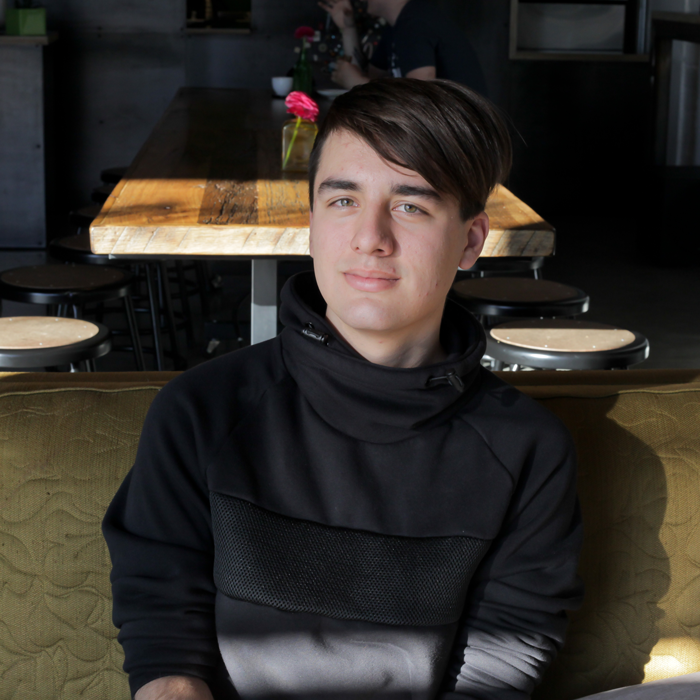
Garrett Burnett
Designer/Developer
Garrett Burnett is an interdisciplinary musician and designer. His work includes music composition, electronic musical interface design and other computational media. In December of 2016, Garrett graduated with a B.A. in Digital Culture with a Concentration in Media Processing and a B.A. in Interdisciplinary Arts and Performance from Arizona State University. He now develops audio software in LA.
Back to the Personnel Page